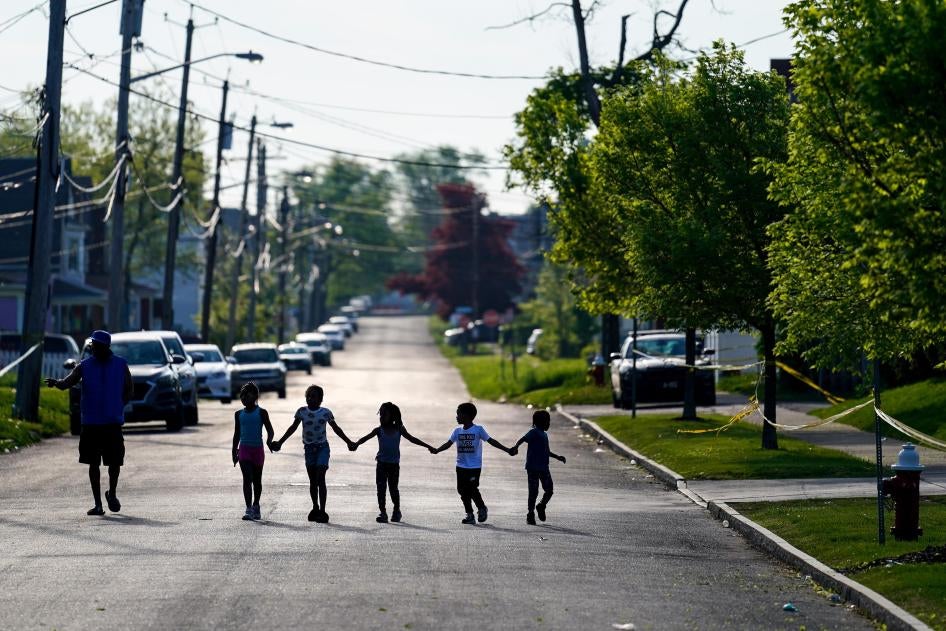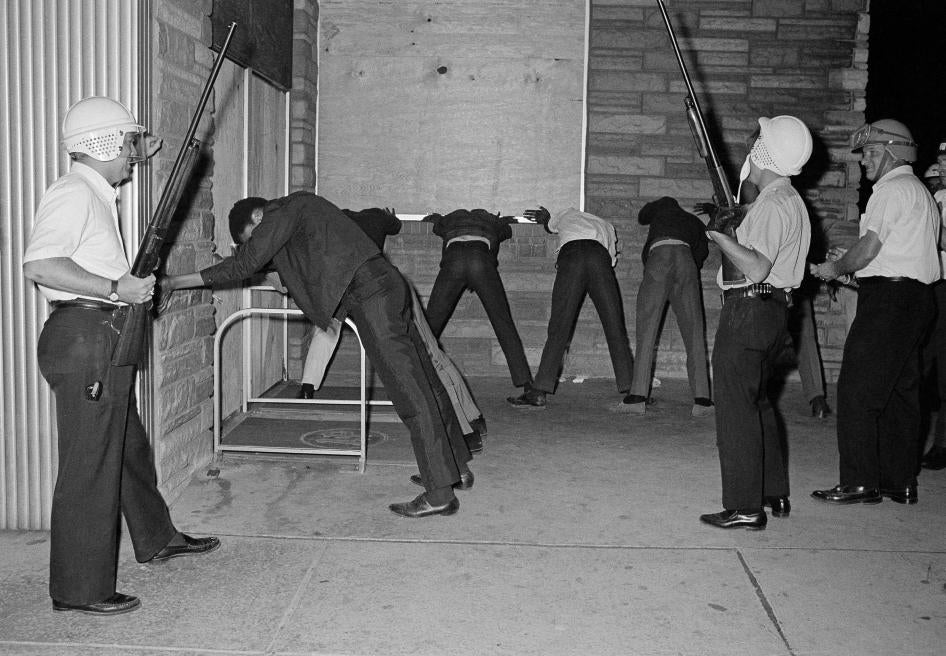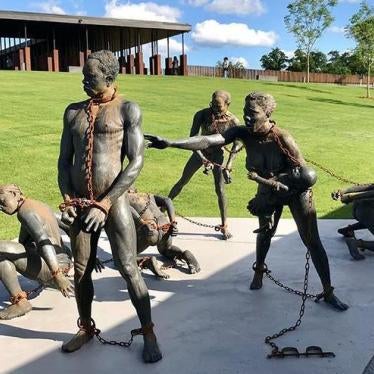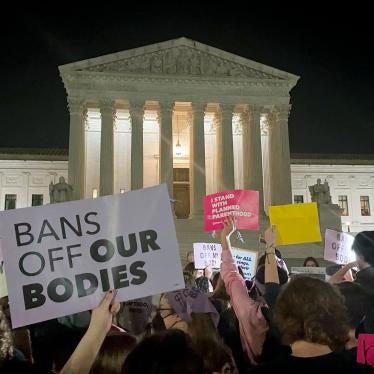The tragedy and depravity of the massacre in Buffalo, New York is hard to endure, especially for Black and other marginalized communities. An 18-year-old, white gunman, motivated by white supremacist ideology, is accused of opening fire at a grocery store in a majority-Black neighborhood, killing ten Black people and injuring three more. Eleven of the victims were Black, two were white.
Among them was Pearly Young, 77, who for 25 years ran a food pantry in Buffalo’s Central Park neighborhood. The loss of their community members has left neighbors reeling.
Payton S. Gendron, arrested for the attack, had driven more than 200 miles to East Buffalo, the area with the largest percentage of Black residents near his home, in southern New York State.
The community he attacked was already experiencing centuries of compounded racism and trauma. Buffalo, New York is one of the most segregated cities in the US due to racist zoning and housing laws. In the 1950s and 1960s, construction of the Kensington Expressway ran right through a newly emerging, Black neighborhood, both severing the community and thwarting economic progress. Kensington is just two blocks from Tops Grocery store, where the shooting took place. It is the only major grocery store in the neighborhood, and one the community reportedly had to fight to get.
Human Rights Watch has reported on the terrible impact similar discriminatory policies have had on Black communities in the US. These policies include “urban renewal,” which displaced mainly Black people from their homes, and redlining, which blocked Black people from living in certain neighborhoods. Along with running interstate highways through Black communities, these policies are living vestiges of the legacy of enslavement.
As discussed in a recent Human Rights Watch report, authorities in Tulsa, Oklahoma similarly built an interstate highway through the Black community of Greenwood, the site of one of the worst race massacres in US history. Today, Black Tulsans, some of whom were violently displaced from Greenwood, experience a lower standard of living, from lack of access to health care and nutritious food to limited education and employment opportunities.
Easy access to guns enables gunmen to carry out military-style attacks like this one. But a driving force behind this attack appears to be white supremacist ideology and disinformation that is spread widely by media and easily available on the internet, and even perpetuated by politicians and other public figures.
The attackers in other recent racist massacres also appeared to be driven by white supremacist ideology. This includes the 2019 attack at a Walmart in El Paso, Texas, targeting Latinx and immigrant communities where 23 people were killed, and the 2018 antisemitic attack on a Pittsburgh synagogue that left 11 people dead.
Federal, state, and local authorities, need to address the systemic racism, discrimination, and legacy of anti-Black laws and policies that have long isolated Black communities. They should also provide comprehensive repair for compounded harms experienced. Politicians should publicly disavow and condemn such racist ideologies, including within their own party ranks, and social media companies need to live up to their human rights responsibilities, including through their content moderation. It is past time that authorities protect Black communities, advance reparations measures, and reckon with the enduring anti-Black racism that continues to target communities like East Buffalo.










